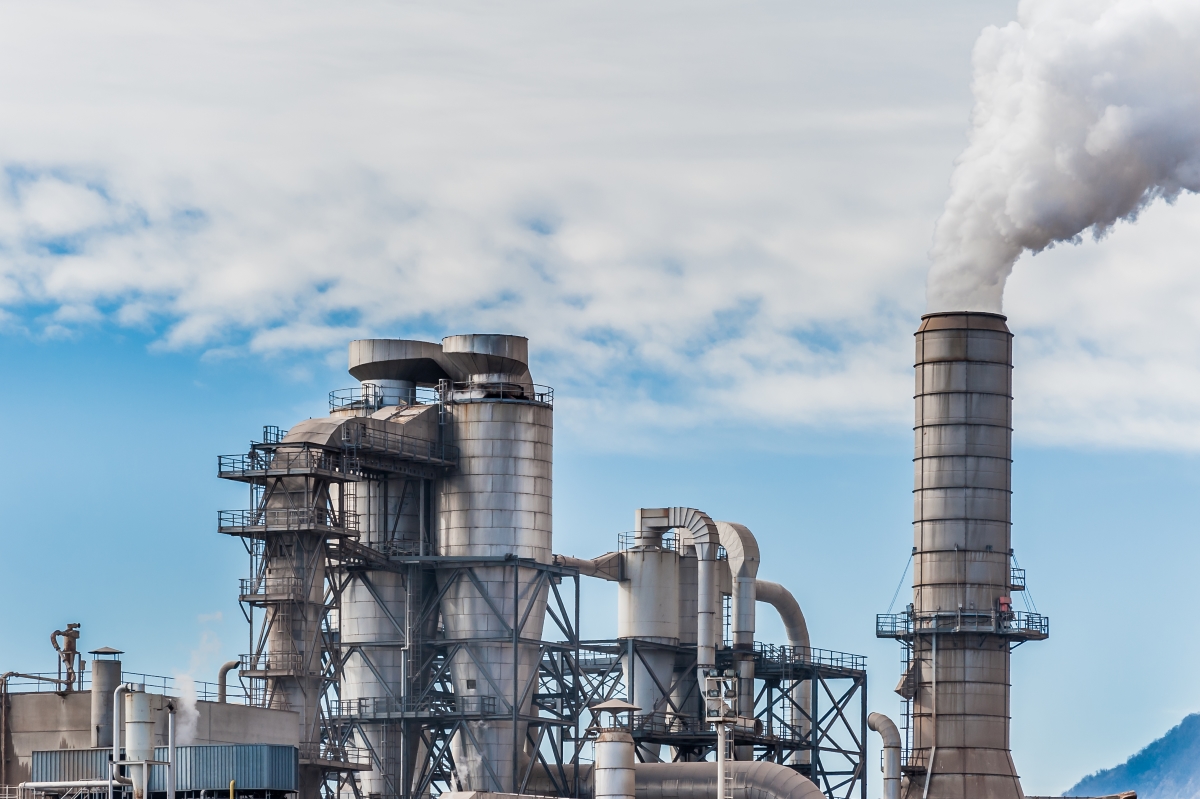Ghana may soon offer carbon offsets to Singapore
Singapore firms can buy carbon credits to offset up to 5% of their taxable emissions

Singaporean companies may soon have the option to offset a portion of their carbon tax obligations by acquiring carbon credits generated from projects in Ghana. This comes after the two nations signed an agreement allowing for the creation and international trade of carbon credits. The deal is aligned with Article 6 of the Paris Agreement, which sets out how countries can voluntarily cooperate with each other to achieve their climate goals.
The carbon tax in Singapore stands at S$25 (US$18.54) per tonne of carbon dioxide-equivalent, with projections indicating an increase to between US$38 and US$60 per tonne of carbon by 2030. Companies can offset up to 5% of their emissions by purchasing carbon credits, provided the projects meet Singapore's standards.
Singapore-based decarbonisation investment platform GenZero, owned by Temasek, last year announced it will invest in a project in Ghana to generate carbon credits that businesses in Singapore may potentially leverage to offset a portion of their carbon tax. GenZero is working with AJA Climate Solutions – a Singaporean firm that manages nature-based climate mitigation projects – to restore an estimated 100,000ha of degraded and deforested land in Ghana's Eastern Region. The first phase of the project prioritises the regeneration of deforested cocoa lands and the rewilding of off-reserve forests. The subsequent phase, slated for 2027, will concentrate on reviving native tree species within the degraded forests of the Kwahu Afram Plains. The goal is not only to re-establish the area's biodiversity but also to create an economically productive ecosystem to benefit the local population.
Singapore’s National Climate Change Secretariat, Ministry of Trade and Industry and Ministry of Sustainability and the Environment said the collaboration between Singapore and Ghana will advance climate ambitions for both countries and channel financing towards climate mitigation efforts.
The carbon credit projects authorised under the agreement will seek to promote sustainable development and generate benefits for the local communities, such as creation of jobs, access to clean water, improved energy security, and reduction of environmental pollution.
Although controversial, carbon markets offer African countries a valuable opportunity to leverage their abundant natural resources – from forests to renewable energy alternatives like solar, wind, and geothermal – to generate economic benefits and accelerate sustainable development. A voluntary carbon market offers a platform for individuals, companies, or governments to buy carbon credits to offset their greenhouse gas emissions. These credits can be bought from a variety of projects that reduce, remove, or avoid greenhouse gas emissions, such as reforestation schemes or renewable energy installations. The industry received a boost with the launch of the African Carbon Markets Initiative in 2022. The aim of this endeavour is to generate 300m new carbon credits per year and unlock US$6bn in revenue by 2030. The success, however, will depend on two critical factors – the cost of the carbon (which is widely seen as sub-optimal) and the universal adoption of a single measurable criterion for calculating carbon offsets.
Singapore has ambitions to become an international carbon credit trading centre. In addition to Ghana, it has recently signed a memorandum of understanding with Rwanda to collaborate on carbon market initiatives, including the sharing of best practices and identifying carbon credit projects beneficial to both nations' climate goals. The city-state has inked a similar agreement with Kenya. In 2022, carbon credit trading platform ACX joined forces with the Nairobi International Financial Centre and the Nairobi Securities Exchange to launch Kenya’s first carbon offset exchange.
According to Amit Jain, director of the NTU-SBF Centre for African Studies, besides facilitating finance, Singapore can play a catalytic role in building capacity for carbon accounting, monitoring, reporting, verification, and governance. The Singapore carbon services industry could also support the voluntary adoption of mitigation targets by Asian and Western firms operating in Africa as they face increased pressure to disclose their carbon footprint.
References
‘What you need to know about Article 6 of the Paris Agreement’, The World Bank Group, 17 May 2022
‘Kenyan bourse brings carbon exchange to East Africa’, How we made it in Africa, 13 July 2022
‘Africa Carbon Markets Initiative launched to dramatically expand Africa’s participation in voluntary carbon market’, United Nations Framework Convention on Climate Change, 08 November 2022
‘What is Article 6 of the Paris Agreement, and why is it important?’, United Nations Development Programme, 09 November 2022
‘Climate change: Africa has a major new carbon market initiative - what you need to know’, The Conversation Africa, 23 January 2023
‘Making carbon markets work for Africa’, United Nations Economic Commission for Africa, 14 February 2023
‘Singapore firm launches fund for energy-efficient cookstoves in Africa’, NTU-SBF Centre for African Studies, 23 March 2023
‘GenZero invests in restoration project in Ghana aiming to generate carbon credits with corresponding adjustments’, GenZero, 8 June 2023
‘Can Singapore unlock finance for Africa through carbon credit?’, NTU-SBF Centre for African Studies, 20 November 2023
‘Singapore and Rwanda sign memorandum of understanding to collaborate on carbon credits to accelerate climate action’, Ministry of Trade and Industry Singapore, 02 December 2023
‘Singapore signs Implementation Agreement with Ghana to collaborate on carbon credits under Article 6 of the Paris Agreement’, Ministry of Sustainability and the Environment, Singapore, 27 May 2024
‘Singapore, Ghana sign carbon credit agreement enabling firms to offset part of carbon tax’, The Straits Times, 27 May 2024
‘Singapore widens its pool of carbon credits to offset emissions’, Bloomberg, 28 May 2024














/enri-thumbnails/careeropportunities1f0caf1c-a12d-479c-be7c-3c04e085c617.tmb-mega-menu.jpg?Culture=en&sfvrsn=d7261e3b_1)

/cradle-thumbnails/research-capabilities1516d0ba63aa44f0b4ee77a8c05263b2.tmb-mega-menu.jpg?Culture=en&sfvrsn=1bc94f8_1)







